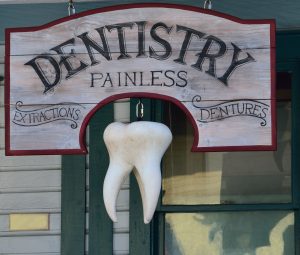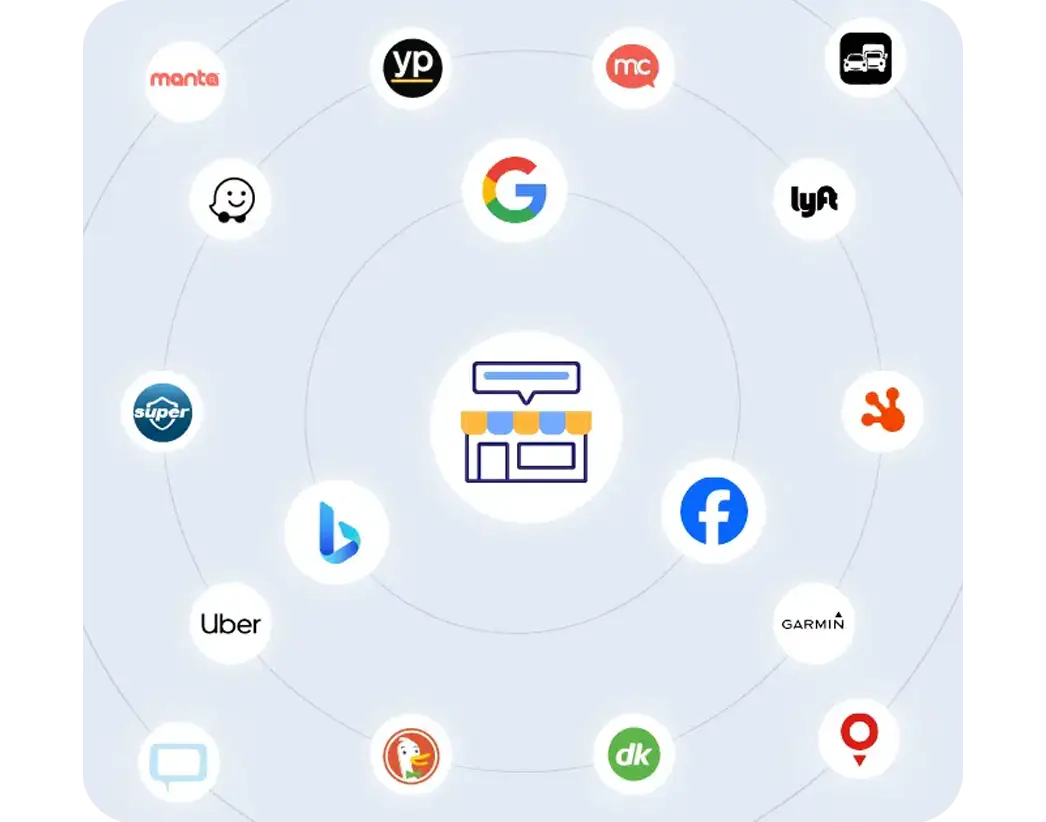 In order to stay competitive in today’s changing landscape, dentist practices need to act proactively regarding dentist reputation management. 87% of people view online reviews as a trusted source of information in the US, according to a survey by DentaVox. They often check online for tips and opinions on dentists and are more likely to choose those who have more positive reviews. For dentists that serve children, parents are even more likely than any other group to look at online reviews. 72% of parents say they trust online reviews as much as personal recommendations.
In order to stay competitive in today’s changing landscape, dentist practices need to act proactively regarding dentist reputation management. 87% of people view online reviews as a trusted source of information in the US, according to a survey by DentaVox. They often check online for tips and opinions on dentists and are more likely to choose those who have more positive reviews. For dentists that serve children, parents are even more likely than any other group to look at online reviews. 72% of parents say they trust online reviews as much as personal recommendations.
Unfortunately, most of the latest statistics show that many dentists are failing to maintain their reputation management. 51% of dentists have not claimed their Yelp page, and 45% of dentists have not claimed a Google My Business page. On Yelp 43% have zero reviews by platform, on Facebook, 26% have zero reviews by the platform. Also, on Yelp 62% have fewer than 4 stars and on Facebook, 34% have fewer than 4 stars. This is especially concerning considering 87% of people say a business needs to have 3-5 stars before they will consider using them!
CLAIM YOUR DENTAL LISTING
First, it is important to claim your review pages. Search for your practice on Facebook, Google My Business, Yelp, and YellowPages and claim the pages. For dentists, it is important to also be on healthcare-specific review sites such as Vitals, RateMDs, HealthGrades, Zocdoc, 1800Dentist, Dentistry.com, CareDash, and more. If you don’t have one of these, create them yourself. Make sure all the contact information is accurate including hours, website, your business logo, and maybe even some pictures are uploaded. Use keywords that people may use to find your dental practice throughout the listing. Now onto reviews…
HOW CAN MY PRACTICE GET MORE REVIEWS?

It’s very simple: often, people leave reviews when asked. 70% of people leave reviews when asked to. Often it is best to ask over email after their appointment, especially if you’ve told them in-person that the request is coming. Just like patients are told to brush their teeth every night as a habit, treat asking for reviews as one, too.
Once a review is left, it’s a good idea to respond regardless of whether the review is positive or negative. In the case of a positive review, show gratitude quickly, within one day of when it was originally posted.
If negative, try to communicate with empathy and address the concerns if possible. Also ask to resolve the issue offline, so that others can see that your practice has empathy and is professional. These reviews can be a way to gain feedback and highlight areas of improvement, so they are a good learning experience.
Another way to get feedback: Send patients individual surveys. Often with this method, you can directly get in touch with the patient and possibly avoid a negative review by taking care of their concerns before they go public.
SEARCH ENGINE OPTIMIZATION FOR DENTIST REPUTATION MANAGEMENT
Feedback from surveys and reviews is in a sense free advertising, so dentists should display them on their websites in order to present a positive image of their practice. They are also considered fresh content, which is great for search engine optimization of your dental webpage.

Reviews on your listings help with search engine optimization because if the listing is filled out completely and has lots of reviews, it has a larger chance of showing up in the Google Local pack on the top of the page when someone searches for your area. That way, people will find your practice first and are more likely to schedule an appointment when they are ready to make a decision.
ANOTHER WAY TO MAKE DENTIST REPUTATION MANAGEMENT EASY
ReviewInc is a reputation management software that helps dentists get more reviews and claim their listings. With ReviewInc, you can see all listings across 600+ review sites and send out automated campaigns for reviews within minutes.









